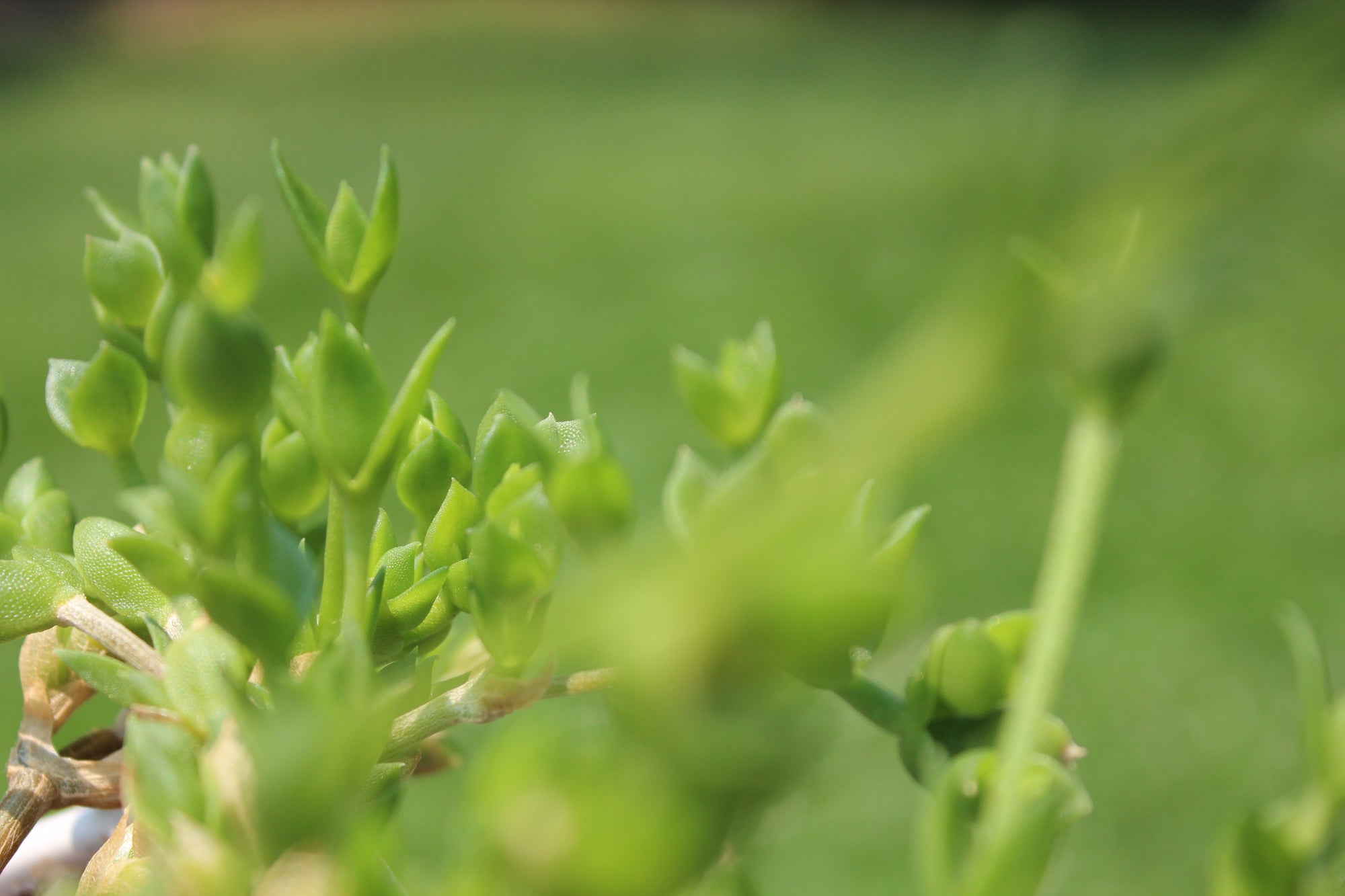Extract Profiles what they Mean and Use cases for the main alkaloids
.
.
.
MT-55: The Potent Mood Enhancer
With its high mesembrine content, MT-55 offers an immediate uplift in mood and energy, making it perfect for those seeking rapid enhancement of well-being. This extract provides a balance of calm and focus alongside its mood-boosting effects, establishing itself as a potent choice for emotional uplift.
MZO: Energizing with Clarity
MZO stands out as our most stimulating extract, thanks to its high concentration of mesembrine. It not only enhances mood but also energizes, . For those in need of both emotional and physical energy, MZO is the ideal selection.
XK6: The Balanced Relaxation
XK6 promotes a state of relaxation with its balanced alkaloid profile, ensuring a holistic sense of well-being. It effectively reduces stress without compromising cognitive function, making it the go-to extract for a gentle yet profound calming effect.
VU3: Cognitive Support Meets Mood Lift
VU3 uniquely combines mood enhancement with cognitive support. On days demanding emotional stability and mental clarity, VU3 offers a warm huggy and harmonious boost, supporting both the mind and spirit without leading to overstimulation.
IX: Subtle Clarity and Calm
IX provides a gentle mood lift and relaxation, catering to those looking for a subtle enhancement in their mental and emotional state. It proves that the most meaningful impacts often come from the most gentle interventions.
MIX: The Synergistic Experience
MIX, our proprietary blend of VU3, XK6, MT-55, IX, and MZO, utilizes the entourage effect for a uniquely potent and diverse wellness experience. This innovative blend exemplifies the versatility and depth of Kanna's benefits, offering a comprehensive approach to well-being.
FS-33: The New Contender
The newest member of our extract family, FS-33, quickly earned its place as a favorite for its well-rounded approach to enhancing mood. It adeptly combines energy with tranquility, offering a new perspective on achieving holistic well-being..
Kanna (Sceletium tortuosum) contains several alkaloids, with mesembrine, mesembrenone, and delta-7 mesembrenone being among the most notable for their effects on mental and physical health. Here’s a summary of what research and traditional use suggest about these compounds:
Mesembrine
• Antidepressant and Anxiolytic Effects: Mesembrine is known for its strong serotonin reuptake inhibition, potentially more potent than certain pharmaceutical antidepressants like fluoxetine. This action can help enhance mood and relieve stress. It’s also been found to act as a mild antidepressant, mood booster, and sleep enhancer .
• Cognitive and Mood Enhancement: Case reports indicate that kanna extract, containing mesembrine, can be effective in eliminating depression symptoms. Additionally, mesembrine’s anti-inflammatory properties may aid in combating low-grade inflammation and cytokine-induced depression .
Mesembrenone
• Mood and Cognitive Abilities: Mesembrenone acts as a selective serotonin reuptake inhibitor but is distinguished by its effectiveness in inhibiting the PDE4B enzyme, which plays a role in mood and mental functions. This action suggests potential for enhancing mood and improving cognitive abilities .
• Pain Relief and Antimicrobial Properties: Kanna has been used traditionally as an analgesic and antimicrobial agent. Mesembrenone, specifically, is associated with these properties, offering relief from discomfort and potentially contributing to antimicrobial effects .
Delta-7 Mesembrenone
While less is known about delta-7 mesembrenone specifically, the combined action of kanna’s alkaloids, including this one, contributes to its overall psychoactive and health benefits.
Effects on Health
• Pain Relief: Kanna has been traditionally used and observed in studies to provide pain relief, likely due to its interaction with the body’s pain receptors. It has been used for headaches, abdominal pain, and pain in the respiratory tract .
• Stress and Anxiety Reduction: Kanna exhibits adaptogenic qualities, assisting the body in managing stress by modulating cortisol levels. This can promote a balanced response to stress and has been shown to elicit anxiolytic activity .
• Anti-inflammatory Action: Studies have shown that high concentrations of kanna extracts, particularly those rich in mesembrine, demonstrate anti-inflammatory properties .
Concluding Thoughts
Our exploration into Kanna extracts at Healing Herbals has been both revealing and rewarding, uncovering the vast potential of this remarkable plant for supporting natural wellness. Each extract's distinct alkaloid composition opens up different pathways to achieving balance and well-being, underscoring the importance of personal experience in selecting the right supplement.
We encourage you to join us in this exploration, as we continue to discover and share the benefits of Kanna. The journey to wellness is deeply personal, and with the right natural support, it can lead to transformative experiences.





